Here we are in 2022, about 20 years after the diesel-truck-performance industry exploded when enthusiasts took the slow, loud, unrefined diesel pickup beyond its original design intent. Lots can happen in 20 years, and boy has it. Everything from reliable daily drivers delivering 4X OEM power, to sub-4-second drag trucks, to millions in EPA fines – some good and some bad.
But, with everything that can be modified, there will be people who push the limits.
I remember when “rolling coal” was a popular street prank. It aggravated enough folks that laws were passed governing what you can and can’t do with modified diesel truck performance.
Does anyone wonder why the diesel pickup grew in such popularity in this country?
Man, if you raise your hand, you obviously have just tuned into the diesel performance world. If you’ve been here for more than a day, you’ll realize that no other platform lets you bolt on more power adders than a diesel pickup.
Many enthusiasts wallop on today’s muscle, and yesteryear’s classic vehicles simply have no chance. Hate me for saying that, but where else can you have a reliable 750-hp truck that can pull a camper one day, go off-roading another day and finish the weekend on the drag strip stomping much of the competition? Right, you can’t.
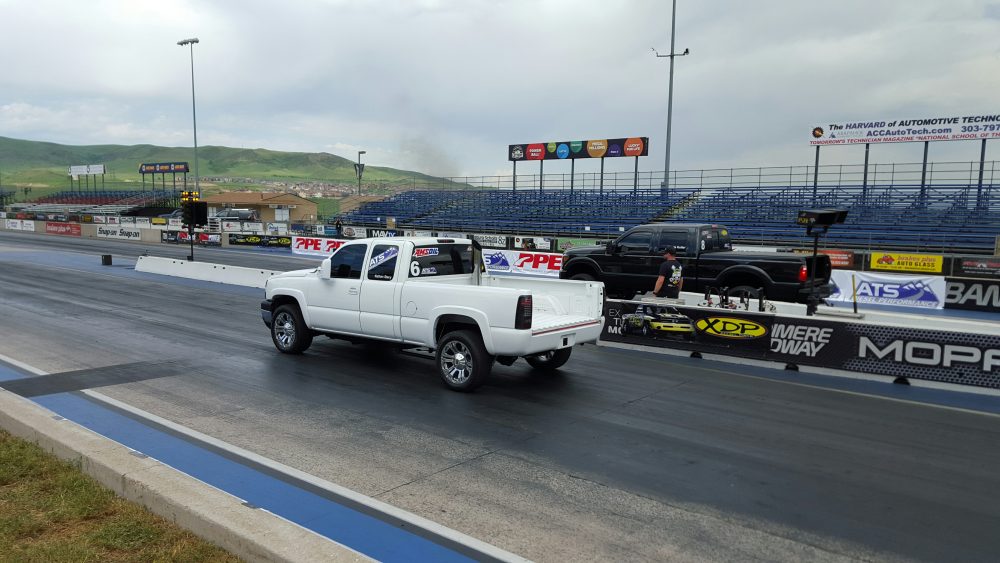
Popular Diesel Power Adders
Riddle me this – how do enthusiasts make all that diesel power?
First, you empty your wallet. Power costs money. The more you want, the more it costs. Go to any event or track and you’ll see – the fastest drivers have the most money invested into their vehicles. Don’t worry, though; you can make more money tomorrow.
So, now that we’ve gotten that painful realization out of the way, let’s talk about how people are really making power.
Ways To Boost Diesel Engine Performance
Electronic Programming
Or, more simply, tuners. This handy little device reflashes the ECM and adjusts fuel and air delivery to make more power. A plug-and-play version can easily add 50-200 hp, depending on the tuner. And they are cheap to buy. Be careful, though; this is where you start running into legal power and illegal power. I won’t get into this debate today, but perhaps I will in another blog post.
With a couple taps of a button – Wham! Lots more power. Is it reliable? Yes and no, depending on how far you go.
Fifty horsepower is no issue. Heck, even 100 hp is no issue for most trucks. But, if you push it to 150 hp and more, you’ll be driving a ticking time bomb.
That engine will likely take it in stride. Heck, look at what Banks Power did with its series “Killing A Duramax.”
But, what won’t take the extra power is the transmission. Soon you’ll be over-running the torque converter or your clutches. Or both. So, if you want 150 hp or more, prepare to spend money on your transmission.
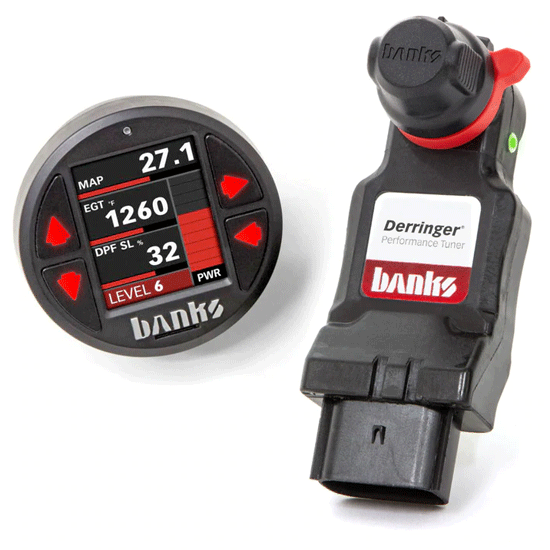
The most popular street tuners come from Banks Power,* SCT,* Edge,* EFI Live,* TS Performance* and Bulldog.* Then you get deeper into a list that specializes in each OEM brand. And that list uses many of the platforms listed above but offers custom tunes based on other bolt-on performance adders you plan to use.
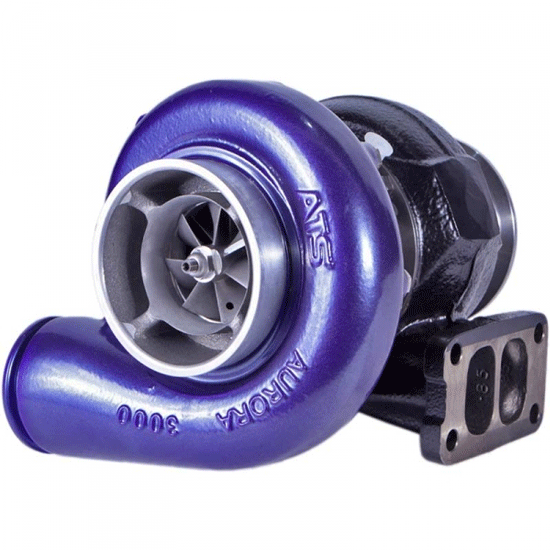
Forced Induction
In the diesel world, we really mean “turbocharging” since very few diesels use a supercharger. That may be a future Banks Power development that takes off, but we’ll have to see.
For the rest of us, the turbo does all the heavy lifting of forcing air into the combustion chamber. Thanks to the invention of the common-rail fuel system, the engine will get ample fuel. But, with aggressive tuning, the stock turbo just won’t deliver enough air.
You can solve this dilemma with an aftermarket turbo from Fleece,* ATS Diesel,* Industrial Injection* and others.
But, before you buy a different turbo, read the volumes of online articles about which one to choose. There are designs that are best for towing, racing and daily driving.
Like many things, diesel engine perfection is hard to achieve. So, you suboptimize because, like me, you use the truck for many purposes. Having a goal of horsepower plus intended purpose is required to get the right turbo – or compound turbos. Go big or go home. Go too big without the right combination of other components and you’ll go nowhere but home.
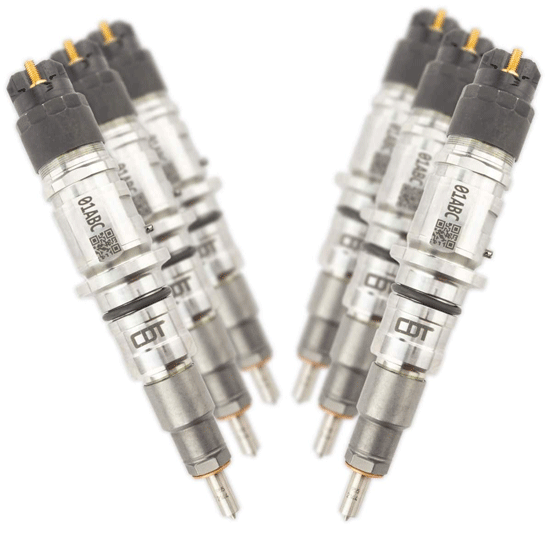
Fuel Delivery
This area can include the injectors and/or fuel pump.
The fuel pump could be a lift pump or the CP3 or CP4 pump on the engine. If you’ve been around the block long enough, you’ve read about the issues with the CP4 pump failing allegedly due to incompatibility with modern diesel fuel, which contains less sulfur to provide lubrication. It’s one of the reasons I always use AMSOIL diesel fuel additives to boost lubricity and protect the pump.
The same can be said for the fuel injectors. As I said earlier, you run out of air before fuel. But, if you have enough air, you’ll quickly run out of fuel. To get more fuel to the engine, you need to ensure you have a pump that can supply it and a set of injectors that can spray it.
This is a good time to check the condition of your high-pressure fuel pump and ensure you have a good lift pump feeding it. Check out Airdog* or FASS* for your lift-pump needs.
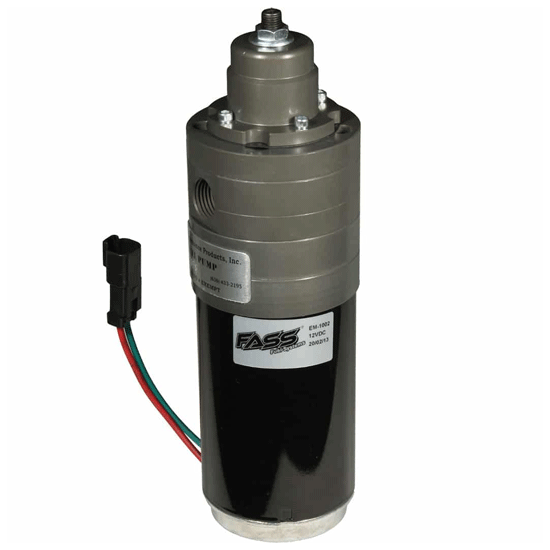
Once you have the supply side addressed, it’s time to revisit your horsepower goal and intended purpose for the truck.
Aftermarket injectors use a different set of nozzles with bigger holes that can spray more fuel. But it’s important to coordinate the spray volume and air-charge volume with the tune that is controlling your injectors.
Are you getting the idea that even in the plug-and-play world we’ve been enjoying for 20 years that you have to have a plan? If you under- or over-size certain components, the truck won’t like it. Communicating your horsepower goal to the aftermarket partners will set you up for success. There are many sources for aftermarket injectors out there. Industrial Injection started this effort back in the 1980s and many others have since popped up.
Summary: Diesel Engine Performance Upgrades
Those three categories round out the list of diesel engine performance upgrades most wrenches in this country have seen.
We could talk about diesel performance for days. If we want to go deep into diesel racing performance, that takes this same list to the limits and brings in many other specific components. But, since most folks are looking for reliable street power, there’s your list.
Whatever direction you choose, there is an aftermarket company that will safely get you there.
But remember, as a wise friend of mine from FTK Diesel once told me, “You gotta build your foundation before you can build your house.”
What he was saying is, if you want reliable diesel power, you should start with an engine’s internal parts before addressing the bolt-on performance. Otherwise, you’ll just be addressing it down the road and hopefully not looking at your rotating assembly through a window in your engine block.
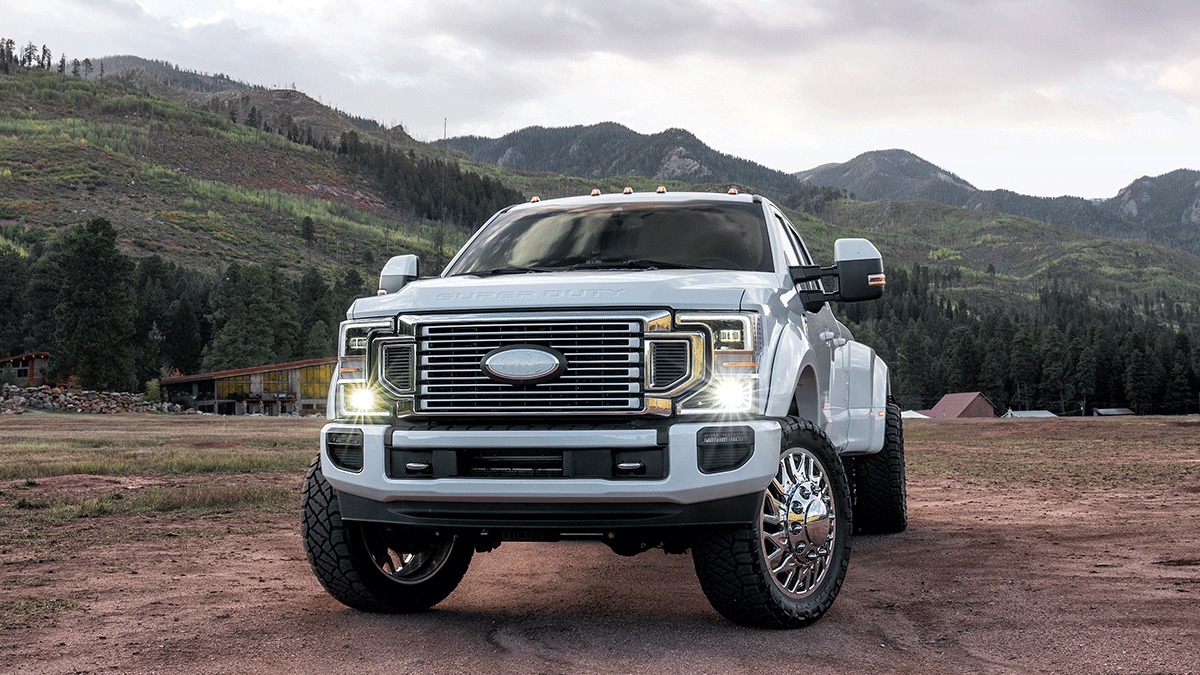

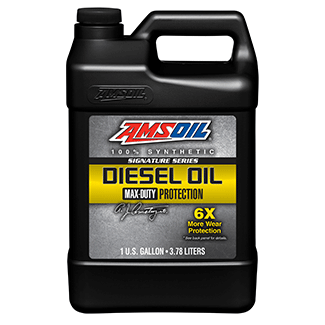
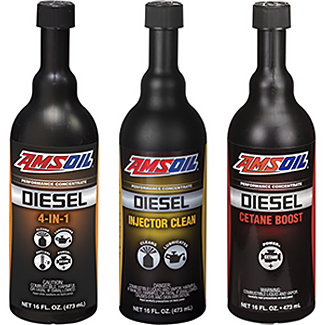

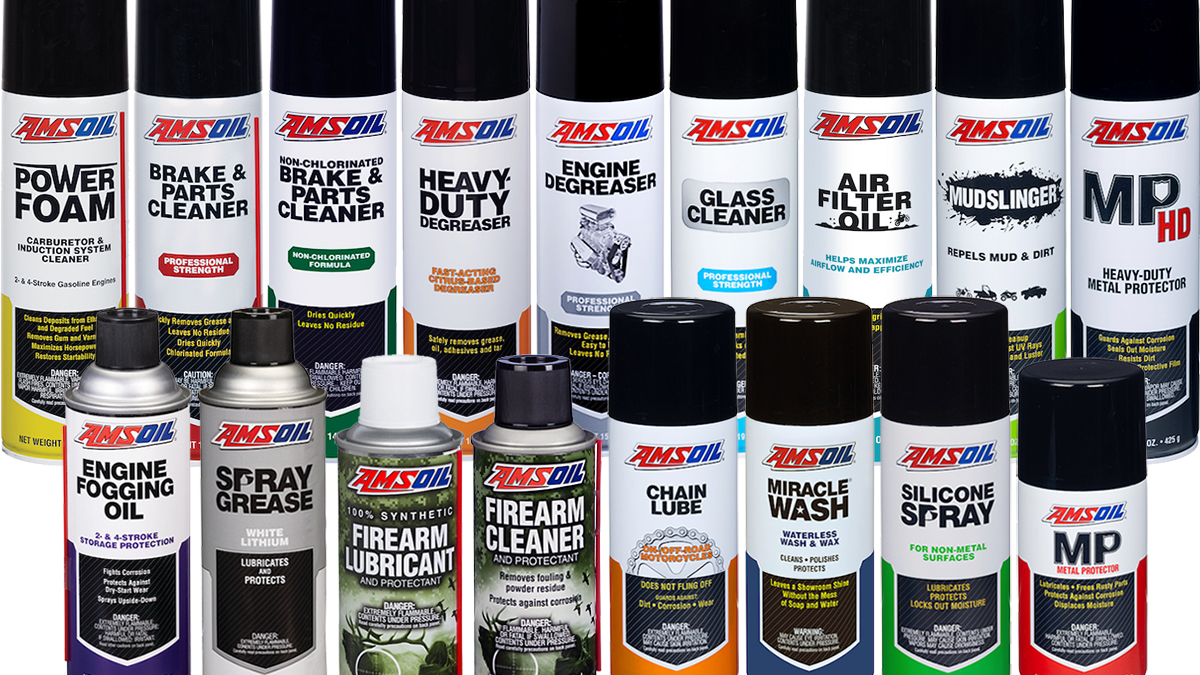

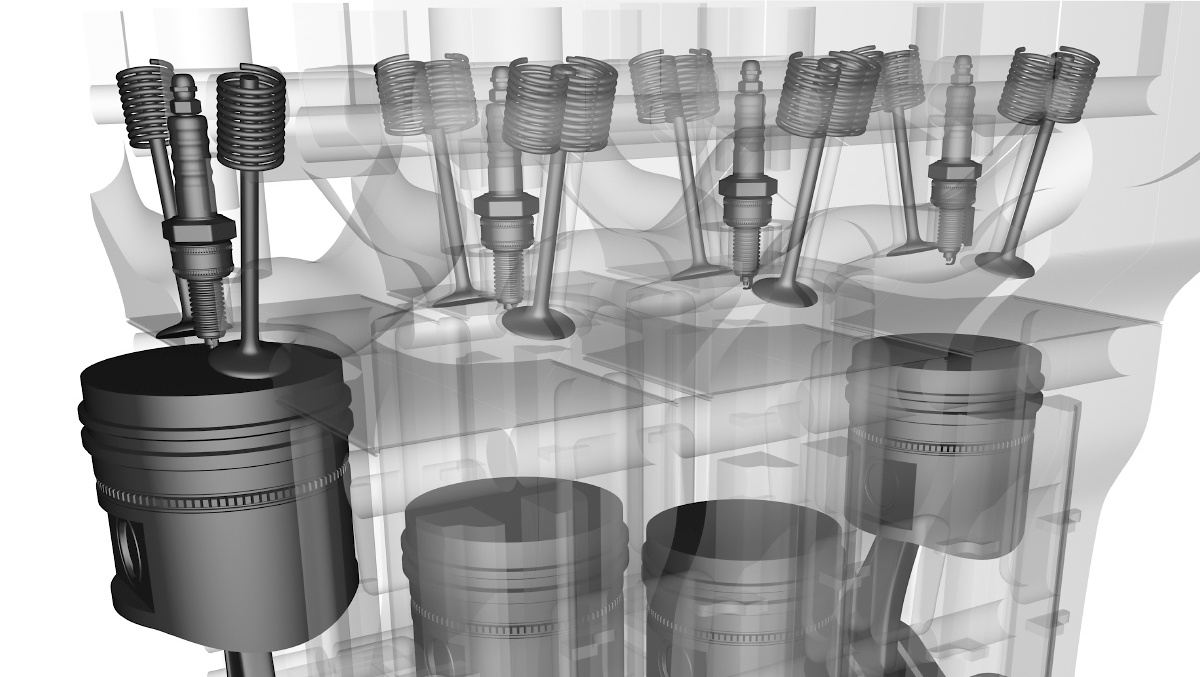
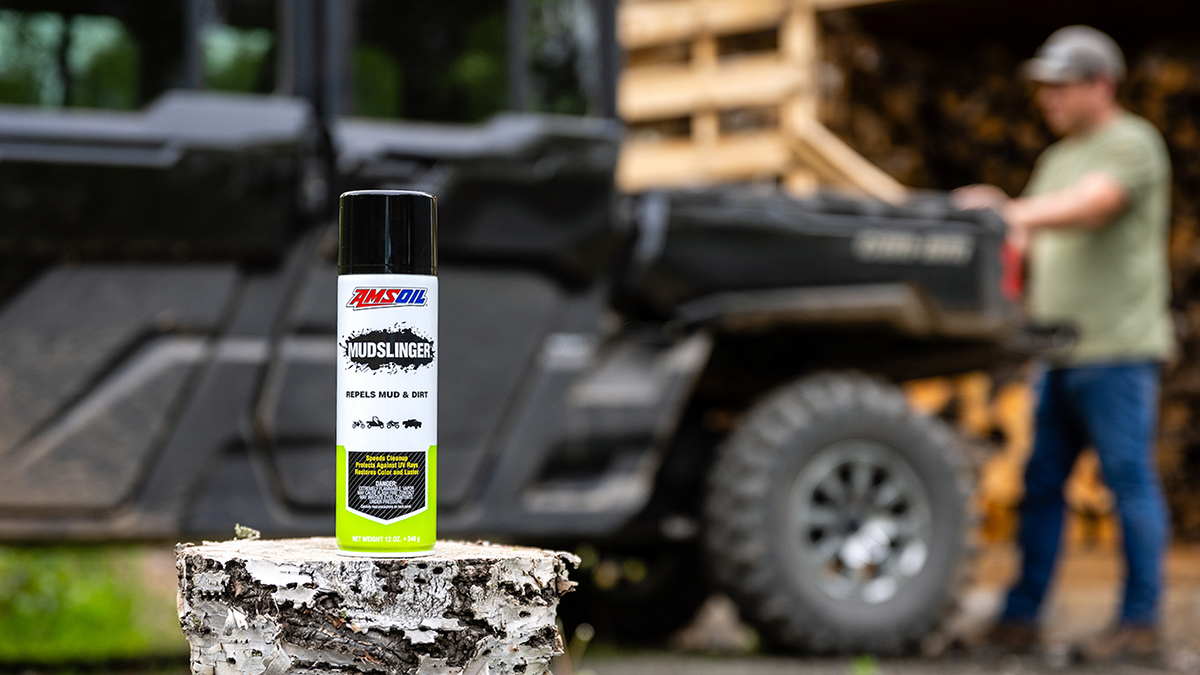
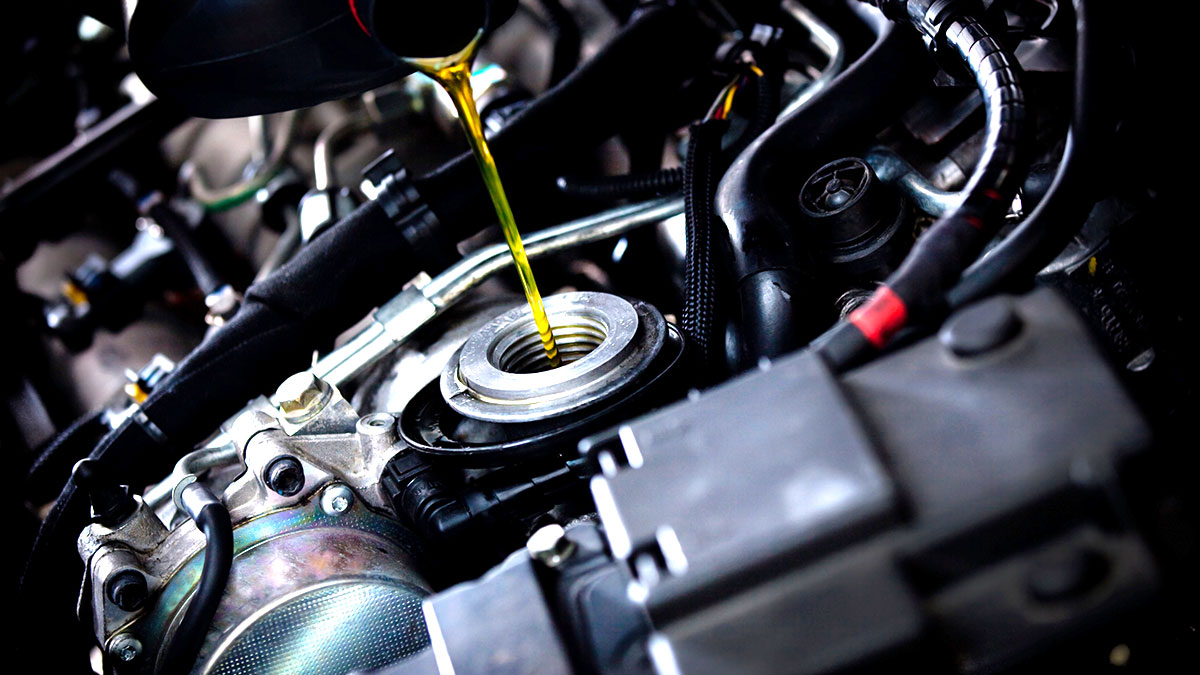
Comments
AMSOIL Staff Engineer & Mechanical R&D Manager responsible for our state-of-the-art dyno facility, used for extensive research, testing, and product development.
Share: